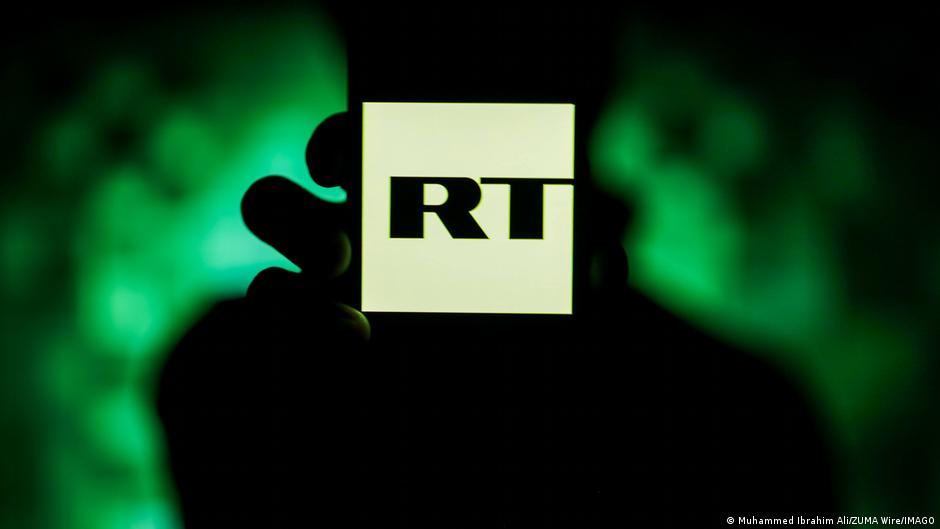The German Marshall Fund’s Alliance for Securing Democracy, a US think tank, is reporting that the reach of the popular Spanish-language social media accounts of Russian state media outlets RT and Sputnik has consistently declined in recent months. At the same time, the report says new media accounts and the accounts of Russian journalists and diplomats have started to make up for some of the lost engagement. According to a GMF report:
August 16, 2022 Russia’s Spanish-language social media accounts have consistently punched above their weight, with follower numbers and engagement totals far outpacing those of Russia’s other external facing messengers. The success of Russia’s Spanish-language outlets has even drawn the attention of US lawmakers, who last month urged Meta, Twitter, and Telegram to crack down on Russian state media accounts targeting Spanish speakers in the Western Hemisphere. While Russia’s Spanish-language content remains popular, data collected on ASD’s Hamilton 2.0 tool and Facebook’s CrowdTangle tool show that some of Russia’s most influential Spanish-language accounts have been hit hard by platform restrictions. For these accounts, like RT en Español, initial engagement spikes at the start of the war have been followed by months of persistent decline. New media accounts and accounts for individual journalists have started to make up for that lost engagement, though, and Russia’s Spanish-speaking diplomats have seen significant growth. Some diplomats are now as visible on social media as state-backed outlets, raising questions about the efficacy of policies that treat state-funded media and state officials differently.
Read the full report here.
The report notes that while the RT en Español Twitter account generated over 600,000 retweets and more than 1,1 million likes in the first month of the war, its retweets and likes were down by over 70 percent in July. Similarly, the Sputnik Mundo Facebook account earned almost 900,000 interactions during the first month of the war. Still, the number declined by 56 percent the next month and has continued to decrease since then.
The Global Influence Operations Report previously reported that RT en Español, which has 200 Spanish-speaking employees and offices in Venezuela, Cuba, and Argentina, has amassed more than 18 million followers on Facebook and almost six million on YouTube. This makes the Spanish RT branch the second most-watched Spanish-language news channel on YouTube and shows how Russian state-owned Spanish-language media outlets are outperforming their US counterparts outside Western information spaces where antipathy for the West is deep and sympathy for Russia real.
In 2017, the NYT characterized RT as follows:
Analysts are sharply divided about the influence of RT. Pointing to its minuscule ratings numbers, many caution against overstating its impact. Yet focusing on ratings may miss the point, says Peter Pomerantsev, who wrote a book three years ago that described Russia’s use of television for propaganda. “Ratings aren’t the main thing for them,” he said. “These are campaigns for financial, political and media influence.” RT and Sputnik propel those campaigns by helping create the fodder for thousands of fake news propagators and providing another outlet for hacked material that can serve Russian interests, said Ben Nimmo, who studies RT for the Atlantic Council. Whatever its impact, RT is unquestionably a case study in the complexity of modern propaganda. It is both a slick modern television network, dressed up with great visuals and stylish presenters, and a content farm that helps feed the European far right. Viewers find it difficult to discern exactly what is journalism and what is propaganda, what may be “fake news” and what is real but presented with a strong slant.
Sputnik is a Russian state-owned news agency established in 2014 and operating in over 30 languages. It has been frequently accused of spreading disinformation and is monitored by the strategic communication divisions of the EU and NATO.









COMMENTS